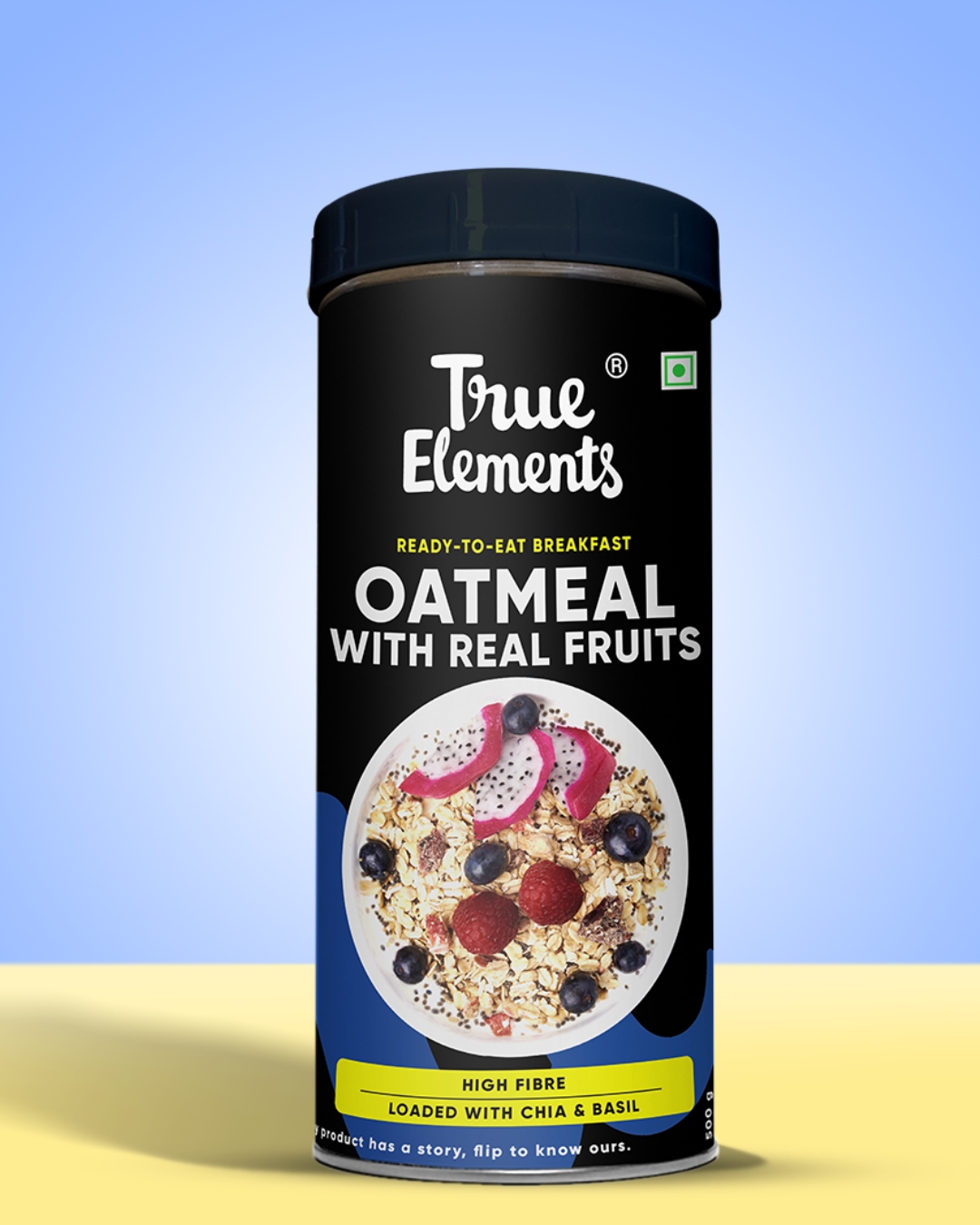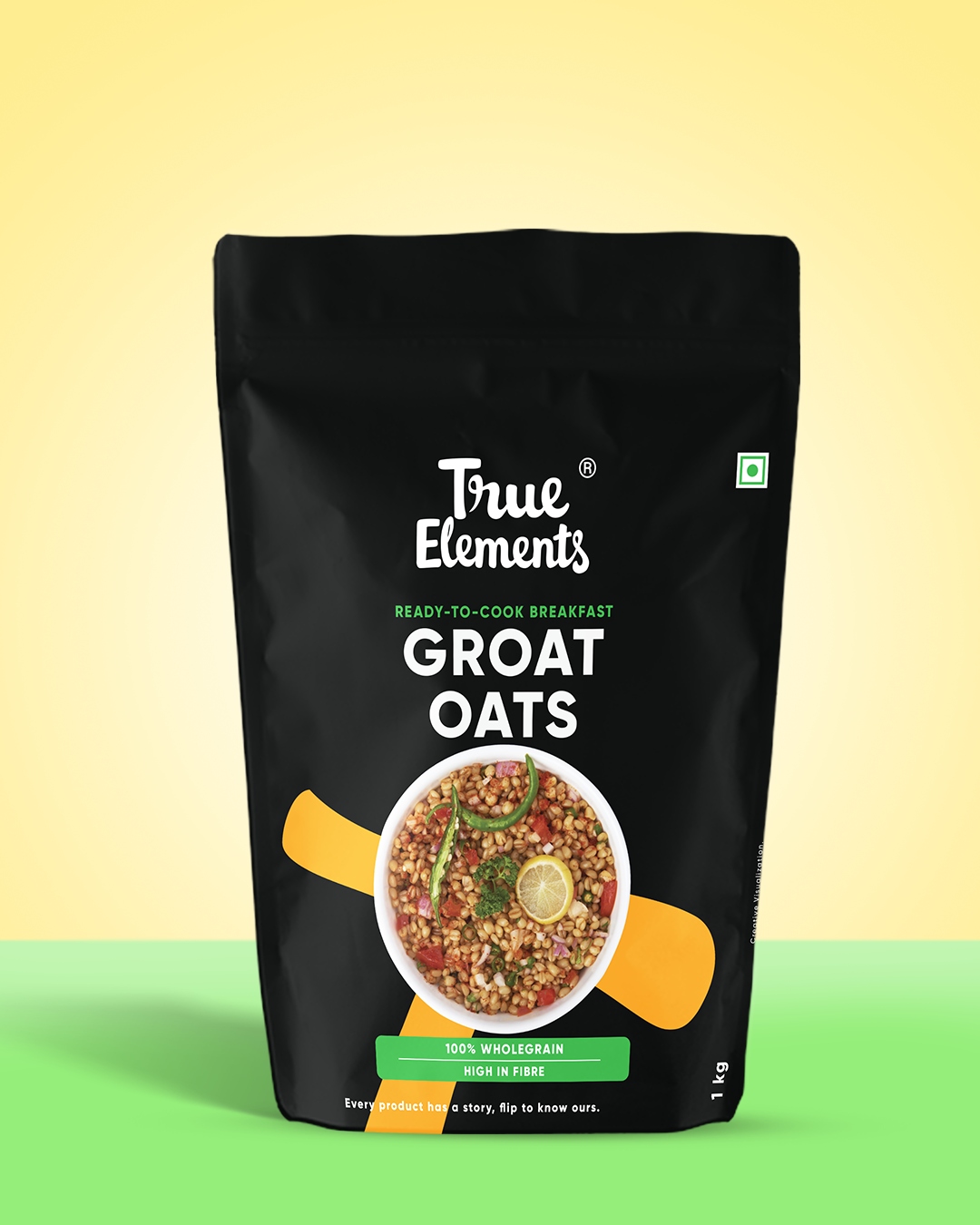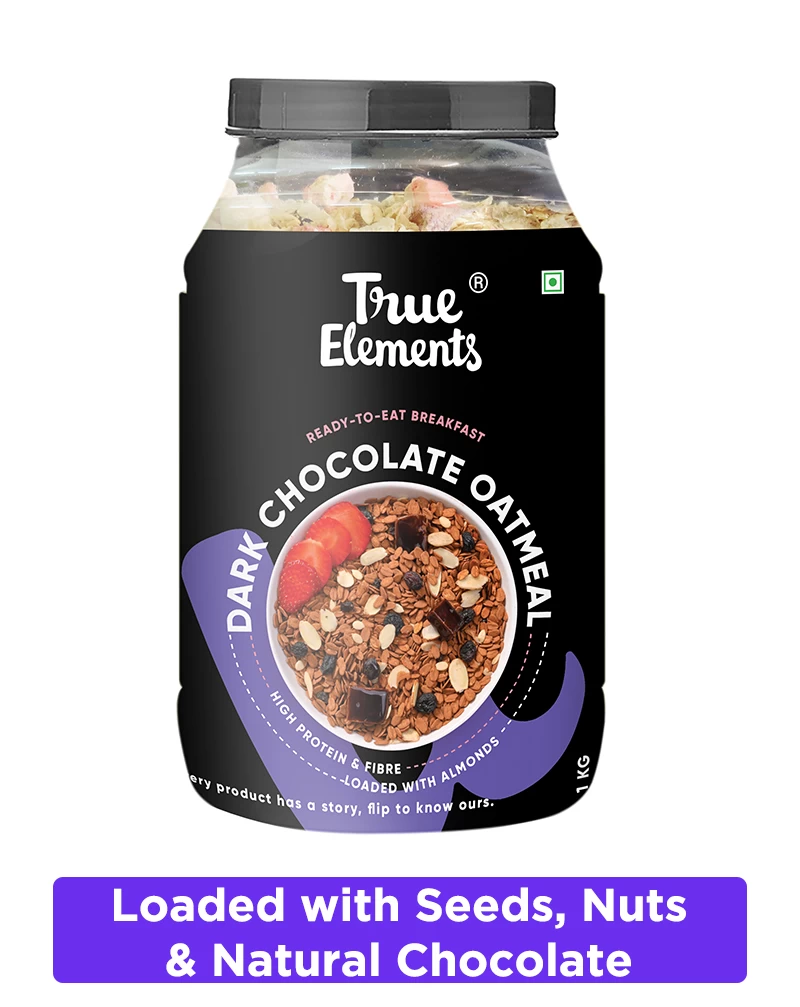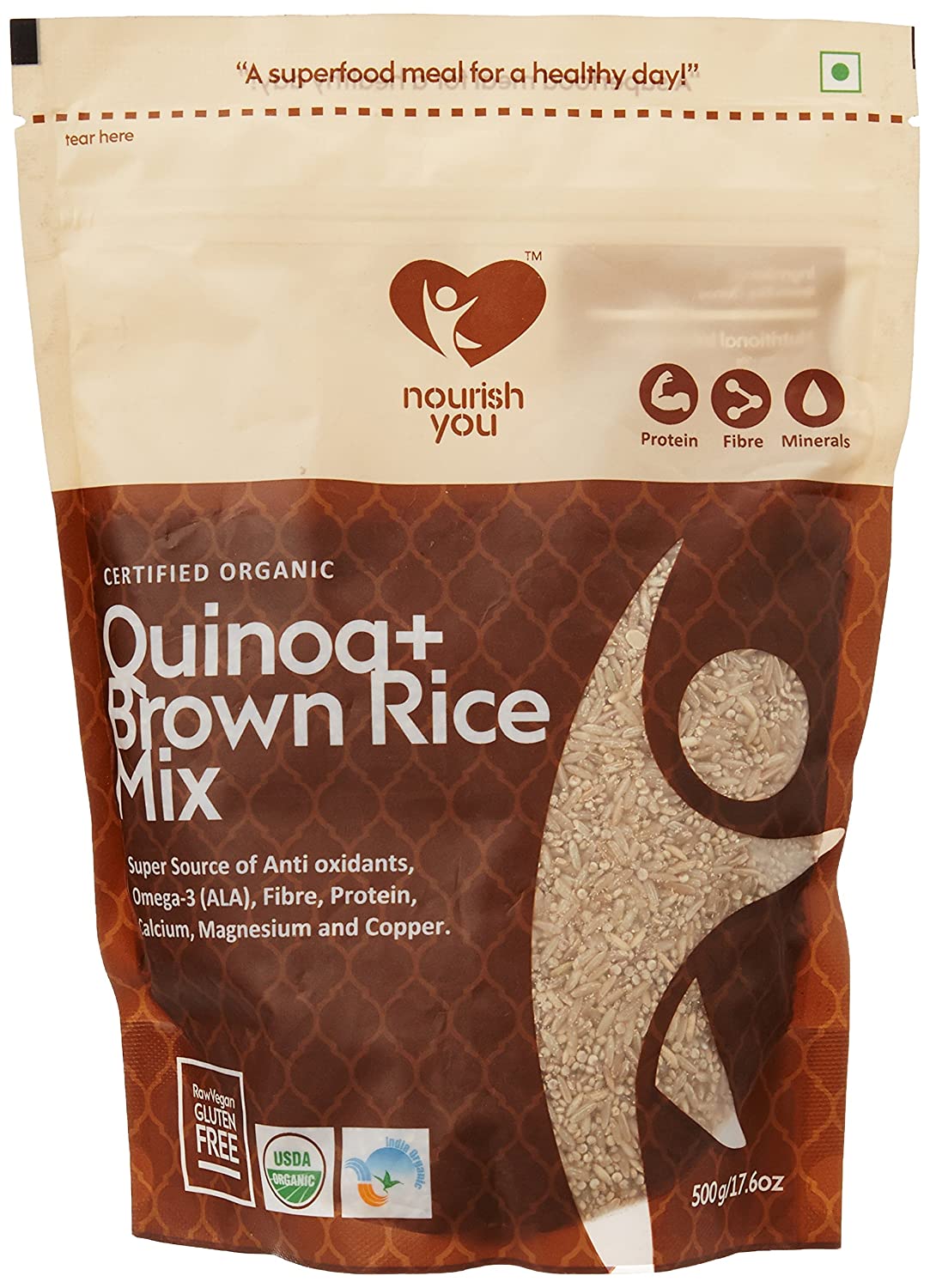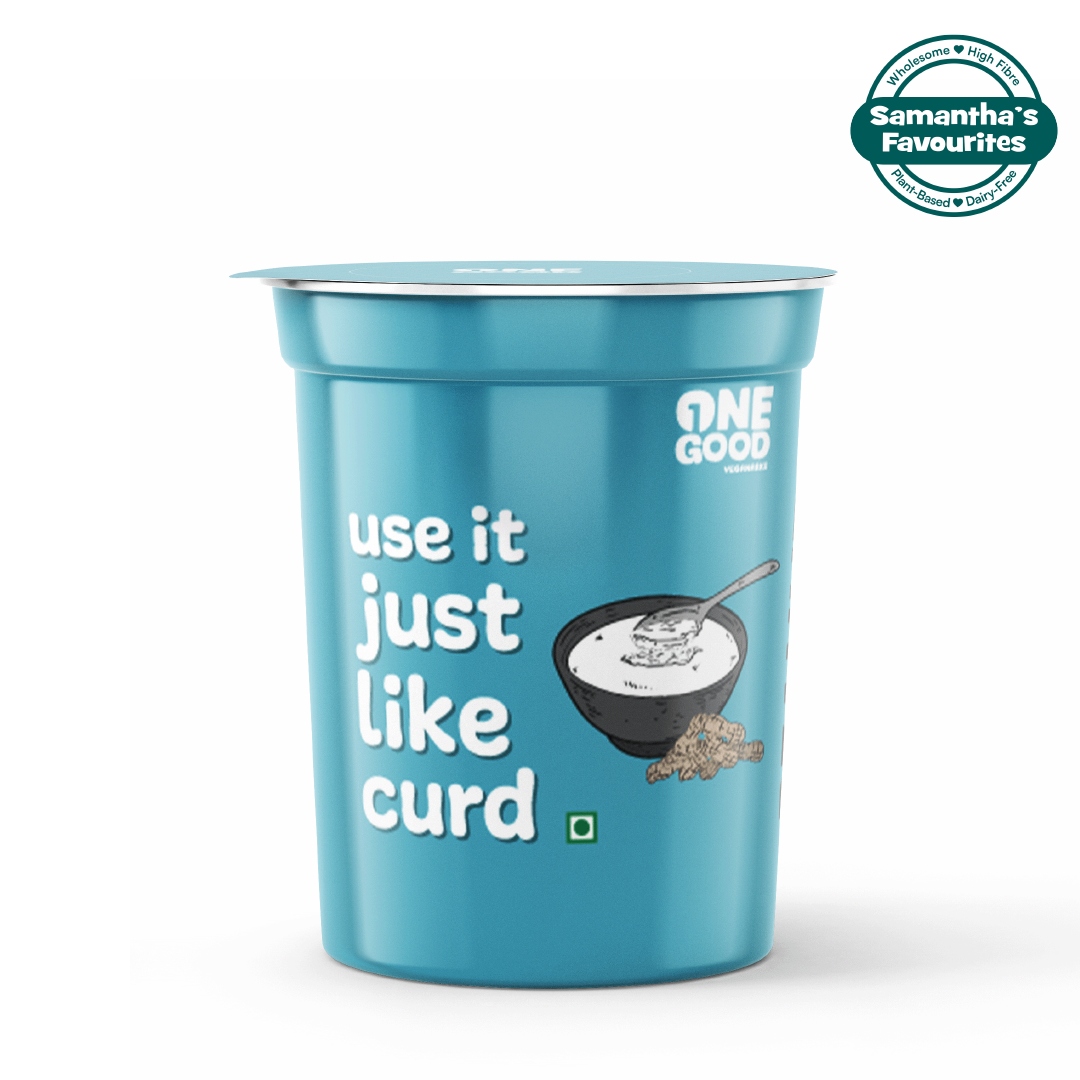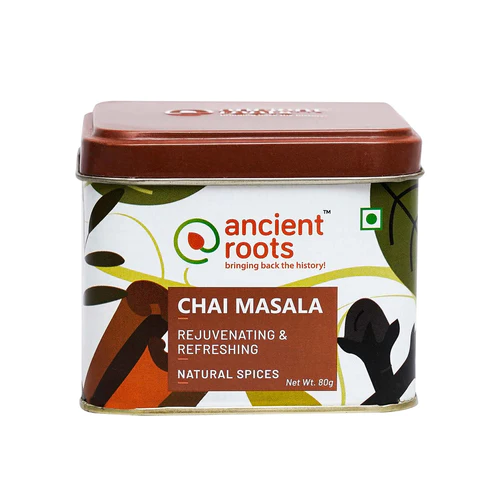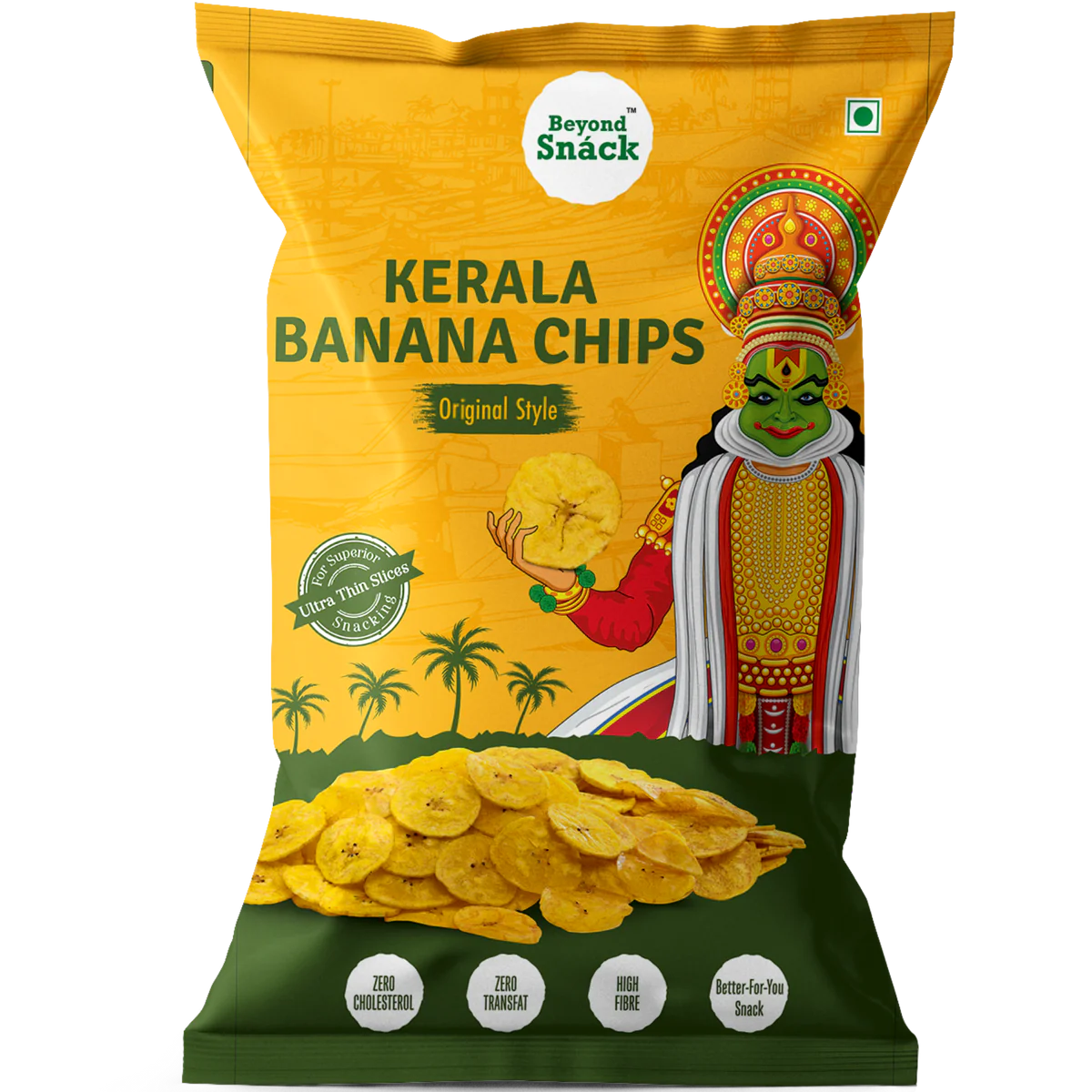Sugar
Macronutrient
Last update date: November 09, 2023
Sugar is a carbohydrate. Predominantly called as table sugar also known as sucrose.
Frequently Asked Questions
1.
What is Sugar?
Added sugars, or free sugars, are caloric sweeteners incorporated into food and drinks before consumption. They encompass added carbohydrates like monosaccharides and disaccharides, as well as sugars naturally present in honey, syrup, and fruits. Examples include sucrose (table sugar), glucose (dextrose), and fructose. However, added sugars contribute little nutritional value to food and are often referred to as "empty calories." Overconsumption of added sugars is associated with excessive calorie intake, weight gain, and increased risk of diseases.
2.
What is positive impact of Sugar?
Added sugar, in moderation, can have some benefits: Boosts instant energy and acts as a quick source of fuel during physical activities. Provides a temporary mood lift by triggering the release of dopamine. Certain products with added sugars may contain essential nutrients, offering some nutritional benefits. Sugar can be used as a natural skin scrub to remove dead skin cells and improve skin texture. It can also be used in homemade skin-lightening scrubs to promote a brighter complexion.
3.
Is sugar bad for health?
Excessive consumption of added sugar can have negative consequences: It can lead to weight gain due to its high-calorie content and lack of satiety. Over time, it may increase the risk of heart disease by raising triglyceride levels and promoting inflammation. High sugar intake can worsen acne and contribute to breakouts. Regularly consuming excessive amounts of added sugar can raise the risk of developing type 2 diabetes, particularly in overweight individuals or those with a family history. Some studies suggest that high sugar intake may be associated with an increased risk of certain cancers, although further research is needed.
4.
Who should avoid Sugar?
While moderation is key for everyone, these groups should be cautious or avoid added sugar: People with diabetes, as added sugars can cause spikes in blood sugar levels. Women with polycystic ovary syndrome (PCOS), as it can worsen insulin resistance and hormonal imbalances. Individuals with heart disease or an elevated risk, as high sugar intake can worsen cardiovascular health. Those who are overweight or obese, as excessive added sugar consumption can hinder weight management efforts.
5.
What are common sources of Sugar?
Added sugar can be found in various products, including: Candies, cakes, cookies, pies, and cobblers, which are often high in added sugar and should be enjoyed in moderation. Sweet rolls, pastries, and doughnuts, popular breakfast choices that can be high in added sugar. Dairy desserts like ice cream and yogurt, which can contribute to sugar intake. Sugar-sweetened drinks such as soft drinks, sports drinks, energy drinks, and juice drinks. Sauces, dressings, and condiments like ketchup, barbecue sauce, and salad dressings, which may contain added sugars. Packaged snacks and breakfast cereals, which often have added sugars that should be monitored.
6.
What is the worse type of sugar in the body?
Fructose is the worst kind of sugar in the body consistently linked to an increased risk of fatty liver. high fructose corn syrup (HFCS) is used to sweeten soda, candy, baked goods, cereals, and more.


